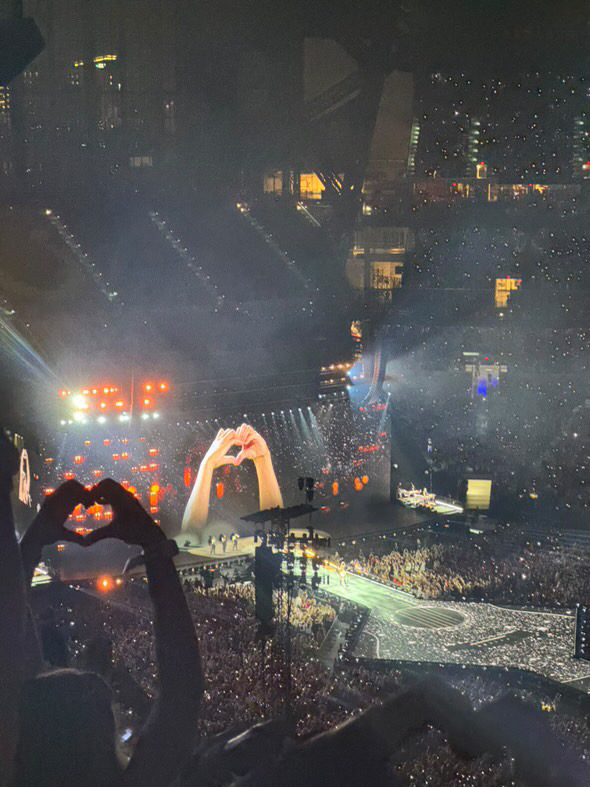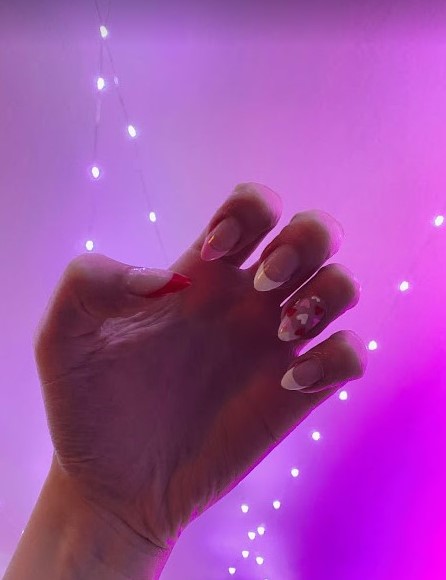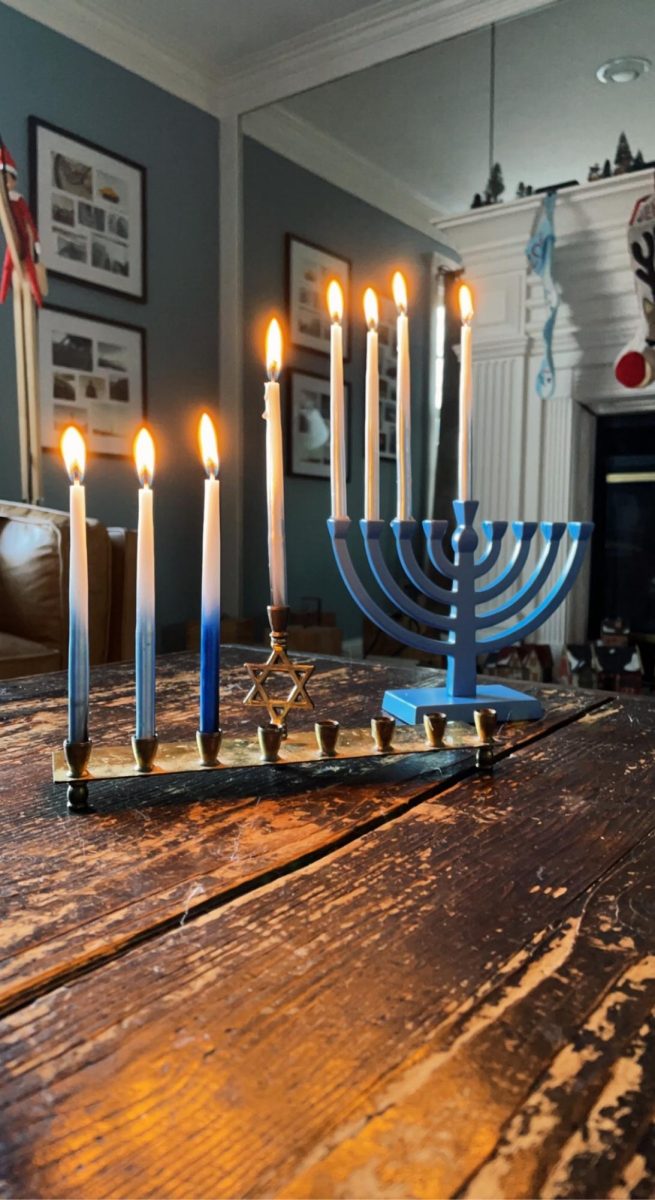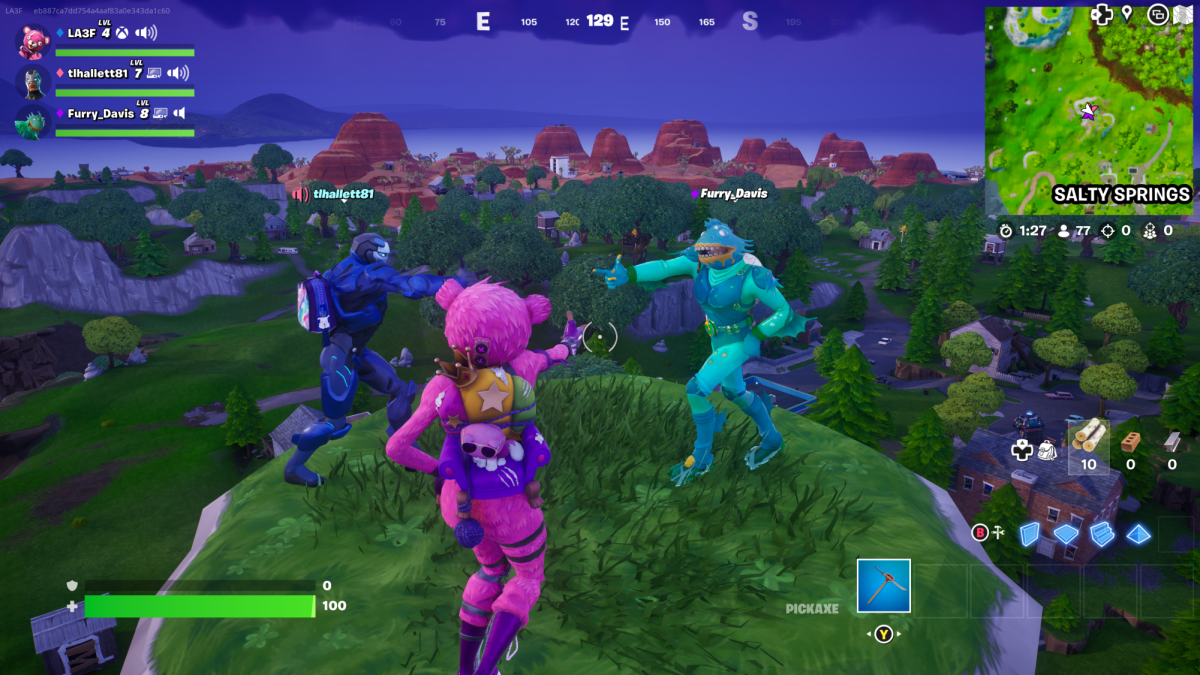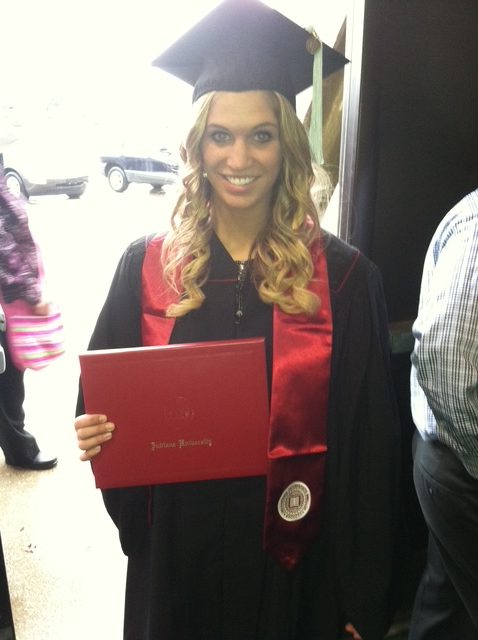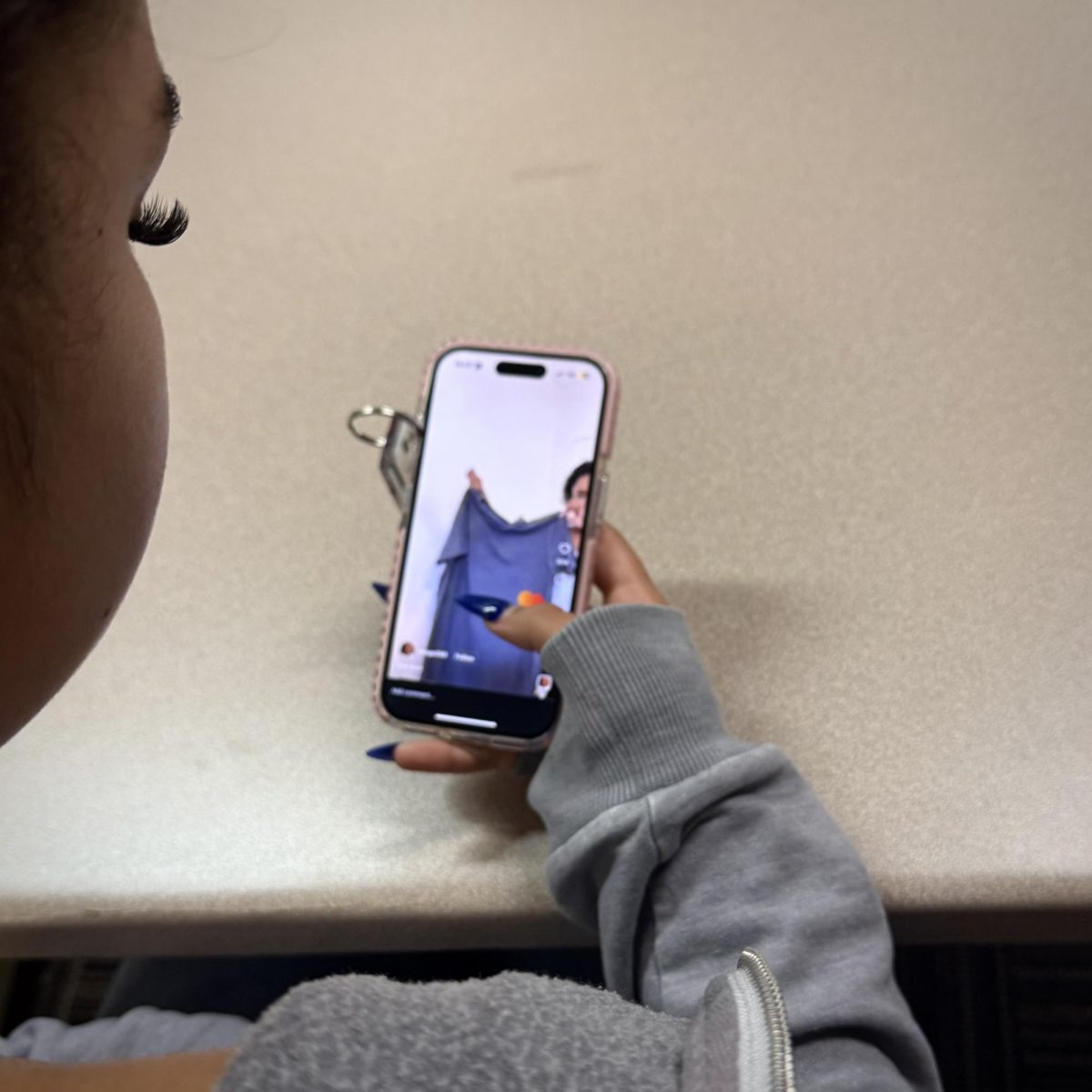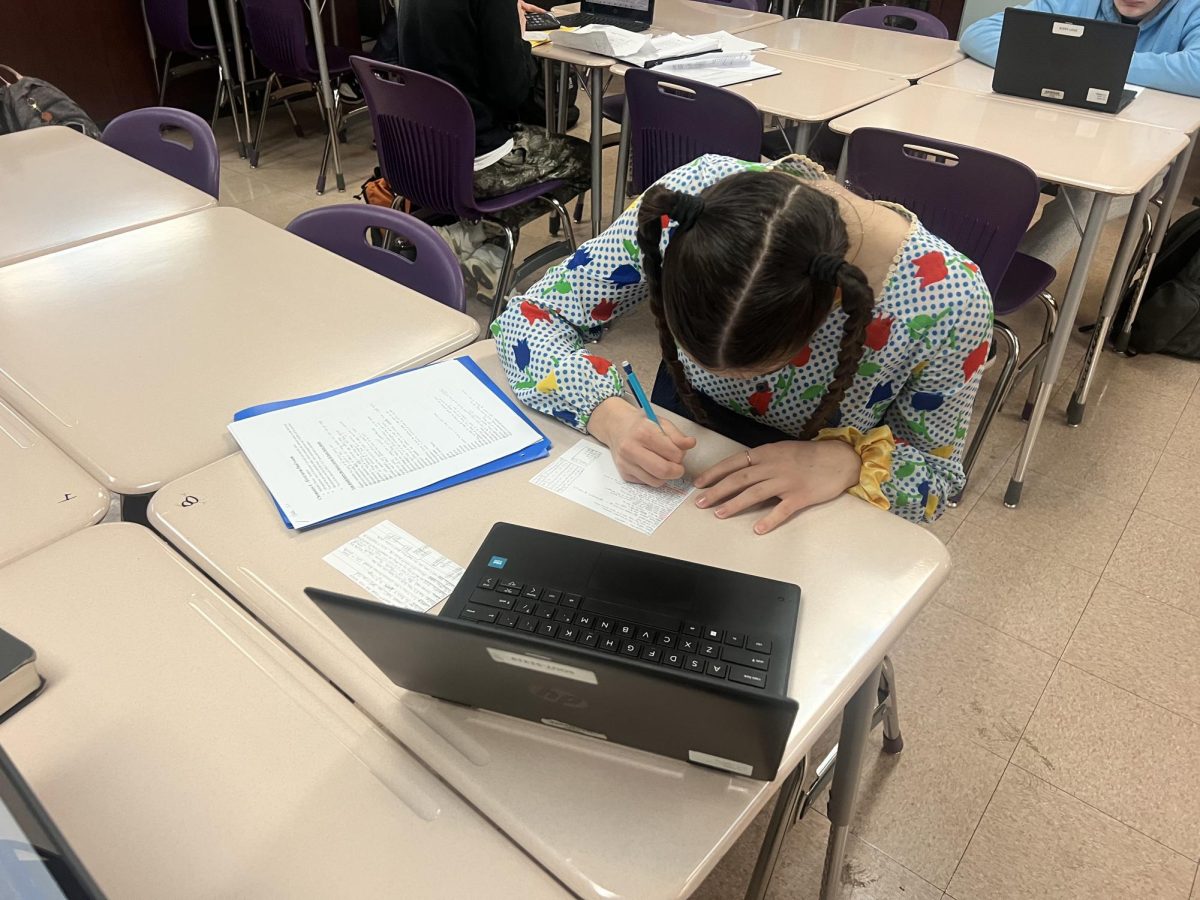“In the US, 99 percent of sexual perpetrators walk free. Just let that sink in.”
About 3 weeks ago, #MeToo broke the internet. The hashtag was meant to spark awareness of the scale of sexual harassment and assault today’s society and to hold those committing these acts accountable. Over 1 million people of different genders and sexual orientations took to Twitter to post the hashtag. Even more posted on Facebook or other social media platforms, not counting the remaining thousands of people who chose not to share the hashtag.
An anonymous senior, who was among the 1.7 million that posted #MeToo, said they were “astonished at how many of [their] friends and acquaintances had been affected,” and while it was upsetting, it made them further realize they’re “not alone.”
Junior Nidhi Krishnan hopes that the movement will “spark meaningful conversations about sexual assault and the way we view victims.” Krishnan believes that “it is a subject no one wants to talk about and that needs fixing.”
Which is exactly what it is doing. In light of the recent allegations against Harvey Weinstein and many other male celebrities, men and women everywhere are taking action against those who have harmed them. Specifically, celebrities coming forward with stories in the TV and movie industry is creating not only a cultural awareness of the frequency of this issue, but also how it affects victims and what steps should be taken to stop it.
“Rape culture has become a political and divisive issue. This should not be the case. You do not have to align with a certain political party to support victims and work to end harassment. You just have to be a decent human being. There aren’t two acceptable sides to this issue,” according to Krishnan.
People often underestimate the power of social media in today’s society. It has the power to help or hinder large-scale social or political issues. More importantly, it can turn a hashtag into a social revolution.

